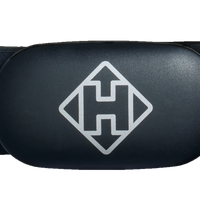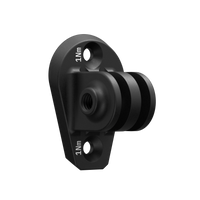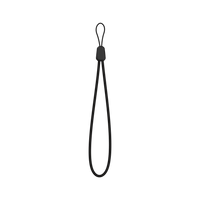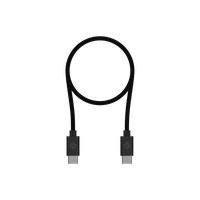And that’s why we should love, cherish, and celebrate the sport as much as we humanly can.

Sunrise in the Dead Sea
Cyclists are unique, there’s no doubt about that. It takes a special kind of individual to don skin-tight apparel that, maybe, is a tad too revealing, and then to hop on a rather uncomfortable perch at wee hours of the morning in exotic locations, and then ride oneself into the ground as hard as you can. And then they do it again. And this is exactly what I have been doing for a bulk of 2018, and can’t imagine a life without this ritual.
Cycling is a weird, zany, exciting, fast, sometimes slow, and adventurous sport. Far too many masochists find themselves repeating the same rides, workouts, or falling into the trap of burning themselves out, of turning this wondrous sport into mere banality. At the end of the season especially is when cyclists are at risk of committing this sin, so many teams try to fight this ennui by reminding riders of why they love cycling by placing them into new situations that totally flips how one perceives the act of riding. Injury and disease can ruin a season, but ennui, fatigue, and burning out can ruin a whole career.

I had the fortune to spend the final few days of 2018 in Israel with the Israel Cycling Academy Development team competing in the Veridis Desert Challenge, equal parts UCI mountain bike racing, and equal parts desert-mountainbike-woodstock. For four days and four nights we camped in the Israeli desert by the Dead Sea, literally at the lowest part of the Earth. All good things flow downwards, and so did the nation’s cyclists eager for an unforgettable experience in some of the world’s most extreme terrain and landscapes.
Life in these days was a far departure from the glamorous training camps in hotels complete with chefs, soigneurs, and follow cars. I slept underneath a tarp, wrapped in layers and sweats, on the bare desert floor using the sunset and sunrise as my alarm clock. Like a bedouin village, dozens of cyclists set up their own tents, tarps, and camp sites, and soon the desert was rife with laughter and the sound of free-wheels, the air alive with the chatter of PSI and weather.
We looked rather ridiculous by the end of it all — coated in dust, sand, grit, and, for some riders, blood, every cyclist hobbled in after each stage gritty and smiling. We were happy that this day’s adventure was over, and happy that tomorrow held the promise of another. And it’s this battered optimism that got me through each day — I had crashed rather roughly on the first stage, but instead of letting it get me down, I simply shrugged it off, and reminded myself that tomorrow has a different course full of different surprises, and it kept me eager and excited to ride, not jaded and fatigued.
 Nightfall in the pop-up desert village, with the Dead Sea in the background.
Nightfall in the pop-up desert village, with the Dead Sea in the background.
In the end I raced with no form of technological aid — I just wanted to immerse myself in the surroundings, and remind myself why cycling has such a fascinating mystique to it. Time seems to slow — one is excited by both the speed and velocity with which one rides, but simultaneously the expanses of the world around you make themselves known as one’s eyes open up to the world they’re tearing through. Banality has no place in cycling and I’m grateful for every cyclist I’ve met who’s challenged me to do something different, new, and scary. Friendships are formed in these times, adventures are had, and for those moments that one is on two wheels, life is blissful.

Physically hurting, mentally cruising.
Cycling has the chance to carry you to some amazing places. Love the sport, and it will love you back.


